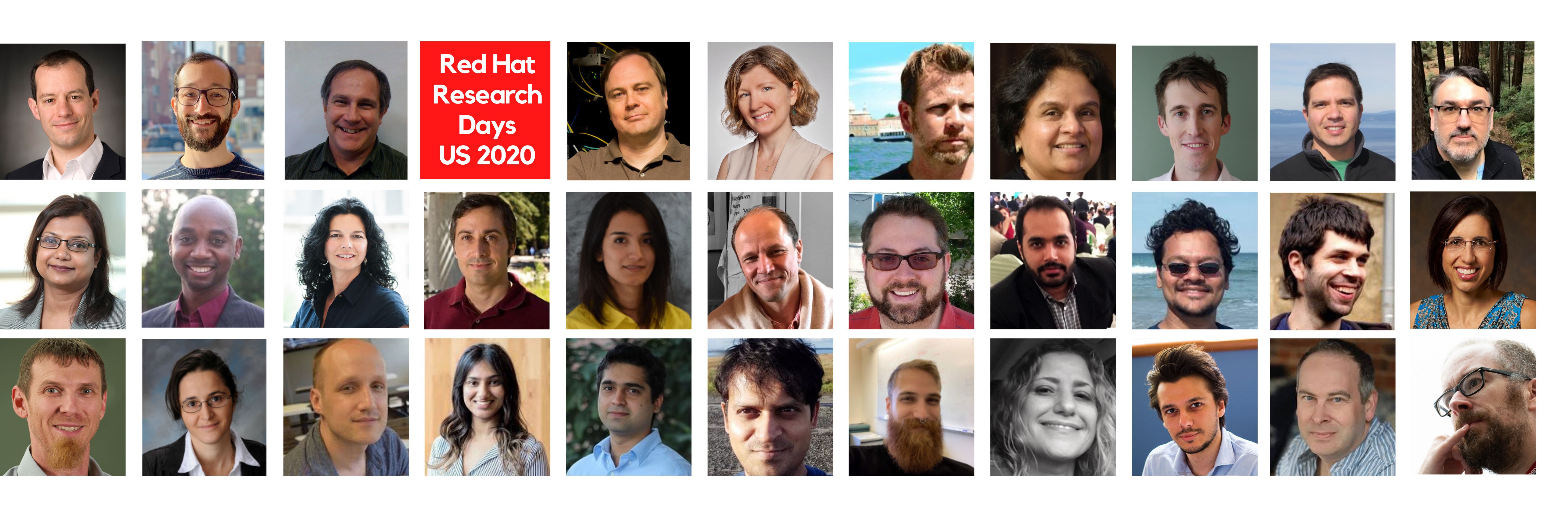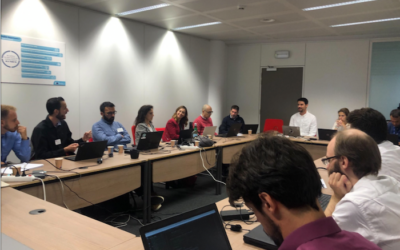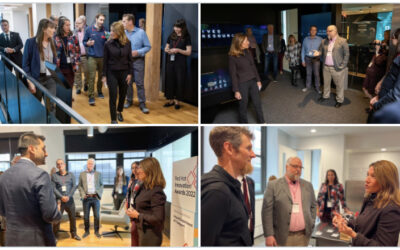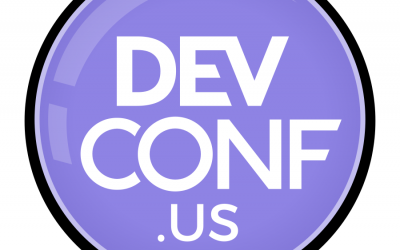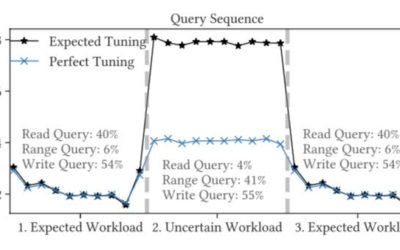In 2019, Red Hat Research started its own mini-conference which was connected to the annual Red Hat Summit. Following a successful inaugural event in Boston, Research Day expanded to Europe at the beginning of 2020 as part of DevConf CZ, and in September 2020, the latest Research Day changed its format (due to well known circumstances) and turned into a series of four virtual university-industry conversations and collaborations about research and innovation in open source.
In this series of Research Days, Red Hat experts, including Red Hat’s Chief Technology Officer, Chris Wright, and researchers from Harvard, Yale, Boston University, and other leading universities discussed their ongoing research on technology to improve privacy and security, make experimentation and system execution more reproducible, and enhance the performance and reliability of cloud systems.
How did Research Days differ from other virtual events?
Even though Research Days 2020 couldn’t bring all of the participants under one roof as with the previous two events, virtual events were an opportunity to open up Research Day to more people who were interested in learning more about the latest innovations.
The networking aspect of the in-person events was replicated with hour-long conversation and Q&A sessions with speakers after each session so attendees could choose to keep listening to presentations or do a deep dive on a particular topic.
You can watch both the presentations and the dynamic conversations on the Research Day Webpage. Highlights include:
- Open source hardware development
- Innovations in the Linux kernel
- Differential privacy and OpenDP
- Biased data sets
- Elastic Secure Infrastructure for securely sharing hardware resources
Here are some glimpses into what researchers are exploring.
Training AI on small and biased datasets
In an ideal world, machine learning/artificial intelligence (ML/AI) would be able to train using lots of perfectly representative and well-labeled data. In practice, things are rarely that neat and tidy. Kate Saenko, an associate professor at Boston University, studies the very common situation in which models need to learn from biased and small datasets. In fact, she argues that “I would challenge you to find me a dataset that isn’t biased.”
Saenko and her fellow researchers have primarily applied a technique called adversarial domain alignment to improve classification accuracy when presented with new unlabeled data that’s not representative of the original.
Programmable network-centric infrastructure for research
Ilya Baldin, Director, Network Research & Infrastructure, at RENCI (Renaissance Computing Institute) spoke about FABRIC: an adaptive programmable research infrastructure for computer science and science applications. FABRIC is intended “to enable cutting-edge and exploratory research at-scale in networking, cybersecurity, distributed computing and storage systems, machine learning, and science applications.”
There are a number of motivations behind FABRIC. An important one is that changes in the economics of compute and storage allow for the possibility that a future Internet might be more stateful or, as Baldin puts it, “if we had to build a router from scratch today, it wouldn’t look like the routers that we build today.” Add to this the explosion of new types of compute like GPUs and FPGAs, a new high-speed intelligent network edge, and new classes of distributed applications.
Finding software bugs more efficiently
The infrastructure software day led off with a talk by Baishakhi Ray, an assistant professor at Columbia University, on using neural networks to make fuzzing more efficient. A common technique for finding software vulnerabilities, “fuzzing” is a software testing technique that provides invalid, unexpected, or random data inputs to a program in order to see if it will crash or otherwise display anomalous behavior.
Ray’s research proposes a novel smoothing technique using neural network models that can incrementally learn smooth approximations of a complex, real-world program’s branching behaviors. Evaluations of this technique suggest it not only performs faster than existing fuzzer approaches but can also find bugs that other fuzzers don’t.
Check out the complete wrap-up article in the Red Hat Research Quarterly. Even better, watch the presentations and the conversations between speakers and attendees on the Research Day Webpage
On our Events page, you’ll see notices about upcoming Research Days and links to the ones you couldn’t attend in real time.
